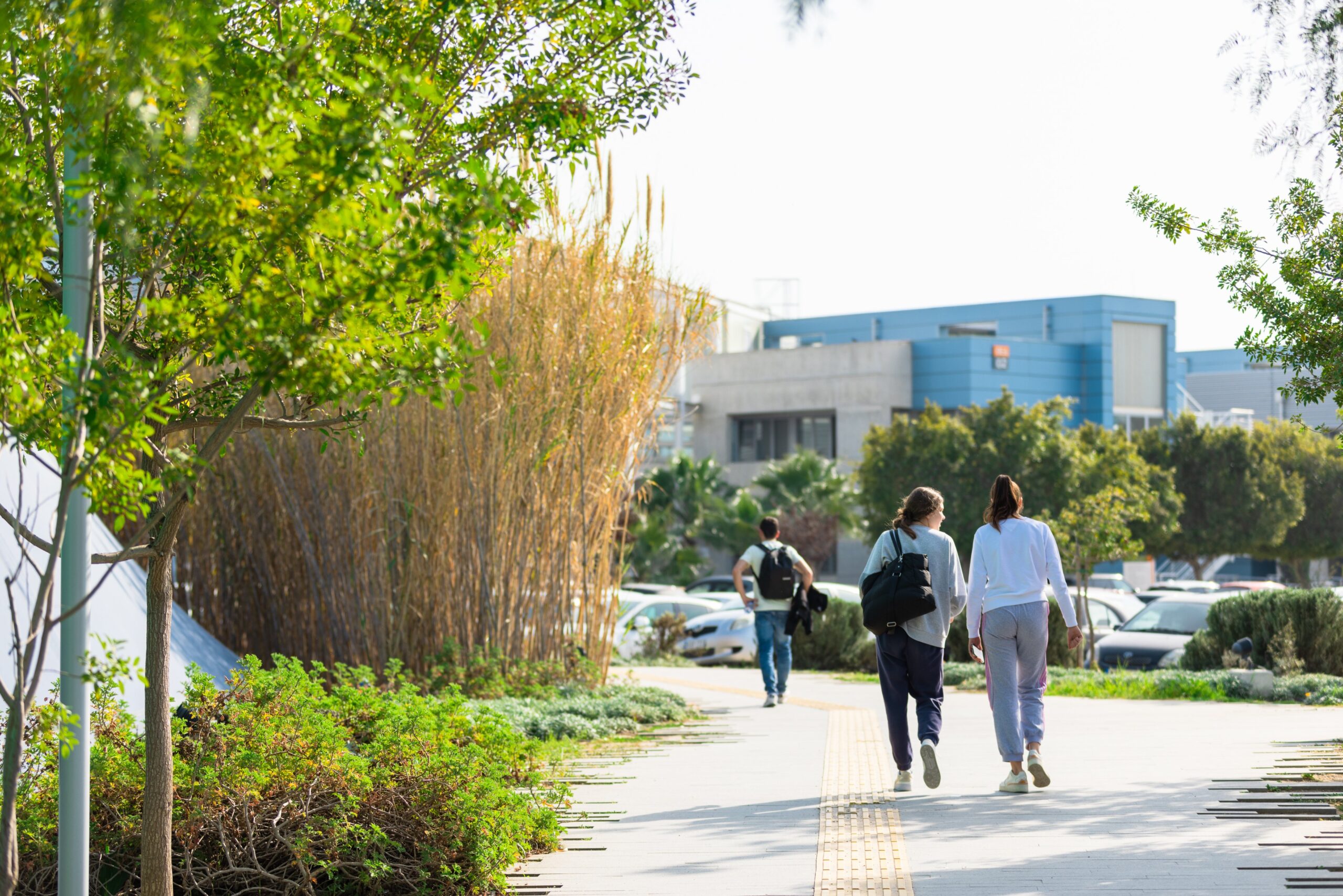After each new administration is voted into office, we hear promises of a facelift that will “redefine the Cyprus economy”, and the island will be transformed into a hub, from a financial centre to energy, health, and education.
Gaming, forex, crypto and property-for-passports have outlived their life cycle, and we need to discover new sustainable areas for investment.
Yet, after the dust settles and the pompous declarations fade away, many of these plans never get off the ground because apart from the visionaries needed to see far ahead, you also need the mechanism to implement these measures.
That is why the one-stop-shop concept has become a dime a dozen, with every minister or government department saying they will implement one to improve efficiency and competitiveness, to place Cyprus on the world map again.
Yet, some sectors have seen steady growth, and that is perhaps where the focus should be, centred on new methods and tools, innovation, and an appetite to make things work, not just to satisfy voters.
The maritime sector has proven just that, growing steadily year on year, with the entire industry working in unison for the country’s greater good.
From a leading flag in registrations to a pioneer in shipmanagement.
The health industry is struggling to find itself, with the general healthcare system (GHS) facing bumps and hurdles, mainly placed by public sector trade unions and financial interests in the private sector.
Education is a more promising sector that has been growing and evolving steadily.
From 2,500-3,000 students in higher education in the mid-1980s, this number rose to 10,000 by the turn of the decade.
Fake enrolments-for-visas were prosecuted and soon gave way to sound investments, with colleges finding their niche and becoming the universities we have today.
By 2021, according to Cystat data, tertiary education had 53,000 students in state and private universities, enhancing the learning cycle and boosting the local economies in almost all towns.
After the success of the University of Cyprus, establishing itself as a leading centre of learning, came the research programmes and relevant funding, which in turn is re-invested in the university, making it an attractive employer.
The two main private sector universities, the University of Nicosia (ex-Intercollege) and the European University of Cyprus (formerly Cyprus College) have also evolved naturally, thus developing the capital’s eastern and western edges.
Poor location
Although the Cyprus University of Technology (TEPAK) has some excellent schools, its location was poorly and hastily planned.
The boom in the forex and IT sectors has caused havoc to the overcrowded centre of Limassol, already burdened with skyrocketing rents for housing and offices.
Larnaca has UCLan and plans to develop maritime research, while a maritime academy is writing its own success story in Limassol, and the Famagusta district also has its colleges.
Perhaps the wisest of them all is Paphos, with its vibrant mayor driving campaigns to attract top schools, including the native-developed Neapolis, the launch of the world-class AUB-Mediterraneo and now the CUT’s college of tourism opening its doors.
Even Prodromos will soon be in the game, once again, after the decision to re-open the state Forestry College, although on a smaller vocational scale, rather than the university of climate and environmental studies it deserves to be.
Selling passports was not sustainable.
Selling property will soon reach a saturation point and, again, unsustainable.
Politicians and municipalities should follow the example set by the Mayor of Paphos and look to invest more in education, stop selling properties where this will not contribute to the local economy, and seek ways to enhance community projects that benefit the environment and society.
With the mergers of municipalities set for June 2024, let’s see who has a vision and who will continue to serve the deep pockets of a few.










